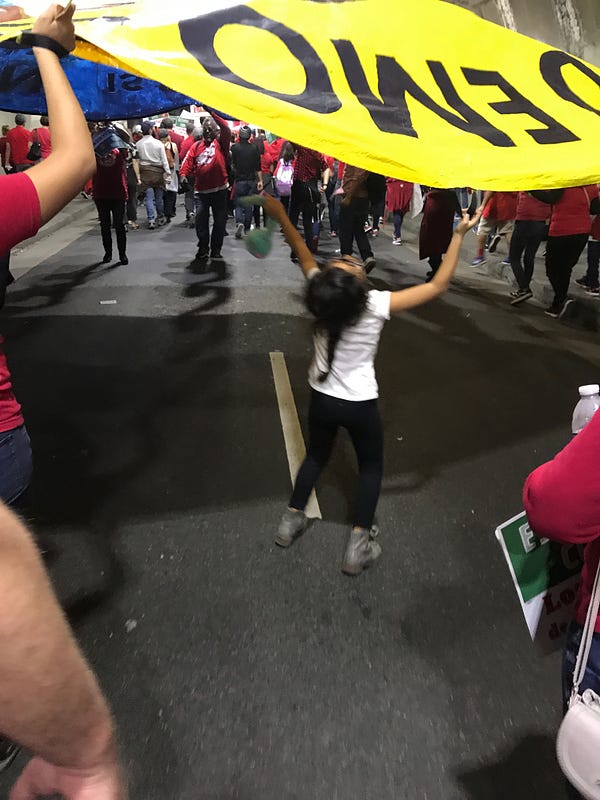- LAUSD Board President Monica Garcia
The Los Angeles Unified School District (LAUSD) is not always a welcoming place to a person who needs accommodations. According to a report released on October 25, 2017, a child with a physical disability would be unable to enter through the main entrance of one-fifth of the schools within the District. Once inside, they could not access all areas above the first floor in a quarter of all facilities. “Fewer than one-third of schools have accessible restrooms on campus.”
Even worse is a persistent view within LAUSD leadership that programs needed to help children with special education reach their full potential are a drain on District finances. Board President Monica Garcia complained at one Board meeting that these programs take money from “our own kids, somehow forgetting that she represents students with all types of intellectual abilities, not just those who can graduate and continue on to college. Superintendent Austin Beutner’s self-appointed task force looked to save costs by using “tiered interventions early to keep kids with special needs in general education”, reinforcing a culture that emphasizes keeping services away from the students until lawyers intervene.
 All this concern about cost comes with a price. The District pays for the legal fees every time a parent wins a case and gets the services that their child is entitled to receive. Both children with special education needs and their typical peers are harmed when children are put into general education classrooms without adequate support. While graduation rates within the LAUSD have increased, a recent court filing states that there has been “a decrease in the number of [non-academic track students] receiving Certificates of Completion.” Even while trying to achieve cost savings from needed services, Beutner admits that “students with special needs are being left behind at an alarming rate.”
All this concern about cost comes with a price. The District pays for the legal fees every time a parent wins a case and gets the services that their child is entitled to receive. Both children with special education needs and their typical peers are harmed when children are put into general education classrooms without adequate support. While graduation rates within the LAUSD have increased, a recent court filing states that there has been “a decrease in the number of [non-academic track students] receiving Certificates of Completion.” Even while trying to achieve cost savings from needed services, Beutner admits that “students with special needs are being left behind at an alarming rate.”

Included within United Teachers Los Angeles’ (UTLA) demands in the current contract negotiations are measures that would improve these outcomes. These include reducing special education caseload caps, limiting Special Day Classes (SDC) to two consecutive grade levels and creating a mentor program and financial support for special education educators. According to the union, the “LAUSD has proposed reduced caseloads for some special education categories but rejected improved enforcement language and most other UTLA proposals.”
The Fact-Finder report delivered this week took the District’s tact of reducing children with to special education needs to a price tag:


In the meantime, charter schools are allowed to continue their expansion within the district while serving a lower percentage of children with moderate to severe special education needs. Left with a larger caseload, the LAUSD’s costs to provide these services as a percentage of the total budget are only going to increase.
 As the January 10 strike deadline approaches, those advocating for children with special education needs have an opportunity to force our elected officials to pay attention to the shortcomings of their policies. This extends beyond our School Board members to our state representatives who have deprioritized education to the point that we rank “41st in the nation in per-pupil K-12 spending, but number one in per prisoner spending.” Our federal officials who base special-education funding not on how many children need those services but on the total number of students must also take responsibility for their part in creating this crisis.
As the January 10 strike deadline approaches, those advocating for children with special education needs have an opportunity to force our elected officials to pay attention to the shortcomings of their policies. This extends beyond our School Board members to our state representatives who have deprioritized education to the point that we rank “41st in the nation in per-pupil K-12 spending, but number one in per prisoner spending.” Our federal officials who base special-education funding not on how many children need those services but on the total number of students must also take responsibility for their part in creating this crisis.
Our most vulnerable students are depending on the adults to do the right thing.
